SUNDAY READ: How a controversial movie changed my life
White Dog got me a new job, our first house & would you believe Photowalks?
Has a movie ever changed your life?
How many times have you heard people say yes to this, whether it be watching “Citizen Kane,” and deciding to go to film school, or switching motifs, listening to Bruce Springsteen’s “Born to Run,” and having a different outlook on life?
But in this case, for me, the tiny, controversial and little seen 1982 film “White Dog” from cult director Sam Fuller really did change my life. It played a pivotal role in landing me a new higher paying job, which in turn led to a greater one and a multi-decade career at a once proud institution. It got us our first house and a new car. And without “White Dog,” there’s no Photowalks.
I’m not kidding. This is all for real. Read on.
It’s 1984, and I’m 2.5 years into what was my dream vocation: serving as the “Cable TV/Home Video” editor of the Hollywood Reporter, a then tiny newspaper with just 15,000 readers, but each one of them seemingly a VIP.
Our audience was the Hollywood studios and production companies. We competed neck and neck with the dominant Hollywood trade paper, Variety and my beat was obviously the cable TV channels like HBO and Showtime, as seen through the prism of the studios, and their home video divisions.
Meanwhile, I had a friend named Jerry Harvey who ran programming for the Z Channel, an out of the ordinary Los Angeles based movie channel that was basically an art house cinema showing classics and foreign films, along with recent hits. We were initially friends of convenience. He wanted press, I wanted inside dirt on what was going on re my beat. But we did end up spending a lot of time together. We had breakfast together at least once a week at a now defunct diner in West Los Angeles and once had dinner at Guido’s on Sawtelle Blvd., which just closed this year after 45 years in business.)
Z “presented an astonishingly eclectic array of fare to its subscribers, from mega-hits like Star Wars to obscure classics by directors like Kurosawa, Fellini, Antonioni, Peckinpah, and others,” per Amazon, in its review of a documentary made about Jerry and the Z Channel several years back.
Jerry was a tiny fish in a huge pond, and was constantly dreaming up ways to bring attention to his little channel. He has been described as a “film obsessive” and was. He probably called me every day, to the point of annoyance. But he always had a tip or two, and I appreciated it. (He was also mentally ill, which the world would discover when he murdered his wife Deri and took his own life as well.)
Jerry was especially keen on the great directors and one of those was Fuller, who helmed 1950s and 60s cult classics like “Pickup on South Street,” which has been cited by Martin Scorcese and Quentin Tarantino as influential and Shock Corridor. (I used to write articles for the Z program guide magazine that was sent to subscribers.)
Jerry got word that Fuller’s barely released film “White Dog, “ originally intended to play on cable TV outlets like HBO, Showtime and yes, Z, after a one-week only theatrical run in just one city had been pulled, and was headed instead to NBC for broadcast during the February sweeps, unbelievable as this seems today.
Can you imagine NBC even daring to show this today?
The film is about a dog that had been trained to attack and kill black people and the heroine’s (Kristy McNichol) attempt to reform the dog. It was actually based on a true story, and billed as a statement from Fuller about racism, who argued that this was something that is taught, not natural. I’ve never seen the film, as the premise is so stomach churning I don’t think I’d be able to sit through it.
However the directors Scorcese and Tarantino and critics have both praised White Dog as a masterpiece. “This terrific movie is even more remarkable than the travails it suffered on the road to recognition,” wrote the critic J. Hoberman.
Maybe it’s time to re-evaluate.
(If you’re hoping to view “White Dog,” good luck. It’s not currently available on any of the streaming services, even as a nightly rental. The film’s trailer and a few clips are on YouTube and it was released on DVD by Criterion Collection several years back, but those aren’t currently available for sale either. (You can find the DVD on eBay for around $50.) In its write-up, Criterion referred to the “misunderstood” film as “a tragic portrait of the evil done by that most corruptible of animals: the human being.”
Meanwhile, a scoop is a scoop, and I was happy to run with Harvey’s tip, as the lead story (the “banner” as we called them back then) for THR, circa January 16, 1984.
The story was reported on a Friday, and published the following Monday.
Later that day, I got a call out of the blue from a man named Jack Reilly, who was then the executive producer of the TV show “Entertainment Tonight,” asking if I’d like to have my salary doubled and come work in TV, as an off-air reporter, which he billed as a writing position. He wanted to meet me that day, after work, at the late Brown Derby (then still in operation) to discuss.
We indeed met, and he outlined what his expectations were: shoe-leather reporting, scoops, that sort of stuff. The next day my co-worker and longtime pal Henry Schipper looked up what Writer’s Guild scale was for a writing position. Back then, it was in the $100,000 range, (probably worth like $300K today) and we jumped up and down in joy. This was four times what I was earning at THR.
What we didn’t know was that this whole encounter came courtesy of my “White Dog” scoop. Reilly didn’t let on.
So later that day, when the offer came in from Reilly for a seemingly paltry $35,000 for the first 13 weeks, which could grow after the first period was over, I was understandably let down.
But I took the gig anyway. THR had recently had a recent management change, the new editor was an idiot, and doing something new seemed exciting. I handed in my two weeks notice.
It wasn’t until several months later that I learned why I had gotten there in the first place.
While reporting the story, I had called Paramount for comment. Specifically, I was reaching out to Richard Frank, who was the head of Paramount TV, which owns ET and was the distributor of “White Dog.” In fact, I had left 16 messages for him that day.
He declined comment, but said to his underlings, “We need someone like that at ET.” He told Reilly to call and hire me. (Frank later recounted this story to me after I had moved on from ET.)
So a new job, a new (slight raise from what I was getting) and eventually a mortgage to buy our first house in West Los Angeles. All thanks to “White Dog.”
(Postscript: NBC eventually backtracked on running White Dog at all, saying it would be “inappropriate.” )
Meanwhile, that’s the good part. The bad: Reilly made a bunch of promises about what my reporting job would be like, (including doubling my salary!) but once I quit THR and joined ET, none of what he said turned out to be true, and he saddled me with a person to report to who was mad that I was hired—and not her pick.
My 13 weeks there were pretty miserable. I had been the king of my beat at the Hollywood Reporter, a very prominent person at a widely read paper, but at ET I was one of many, extremely low on the roster, with very little to contribute except casting news. If I could even get one-sentence on the air in a show, that was considered a miracle. I wrote questions for the reporters to ask in interviews, and considered that demeaning. For the money they were making, they didn’t know how to do an interview?
The saving grace was that I got to share a room with three of the best: the movie historian legend Leonard Maltin, critic Pete Hammond, and Doug Herzog, who would go on to become the head of Comedy Central.
During this time, I also started free-lancing for a then new newspaper called USA TODAY, thanks to a woman named Susan Spillman, with whom my wife Ruth was working with at Advertising Age, a trade paper for Madison Avenue. She had told me that her boyfriend at the time, who was the TV editor, was looking for people to contribute.
And from there, I was able to parlay the freelance writing into a full-time job. The editors there seemed to be very impressed to getting a hire to cover movies and TV directly from—none other than “Entertainment Tonight. “
And so once again, thank you “White Dog. “
And Susan Spillman, Rich Frank and Jerry Harvey!
I can also tie “White Dog” to “Photowalks,” and add a key phone call and a friendship that I kept active. Want to read more about it? Just say the word.
Meanwhile, is there a movie or event that changed your life and got you a career? I’d love to hear all about it!
Thanks for taking the time to read these stories.
Jeff



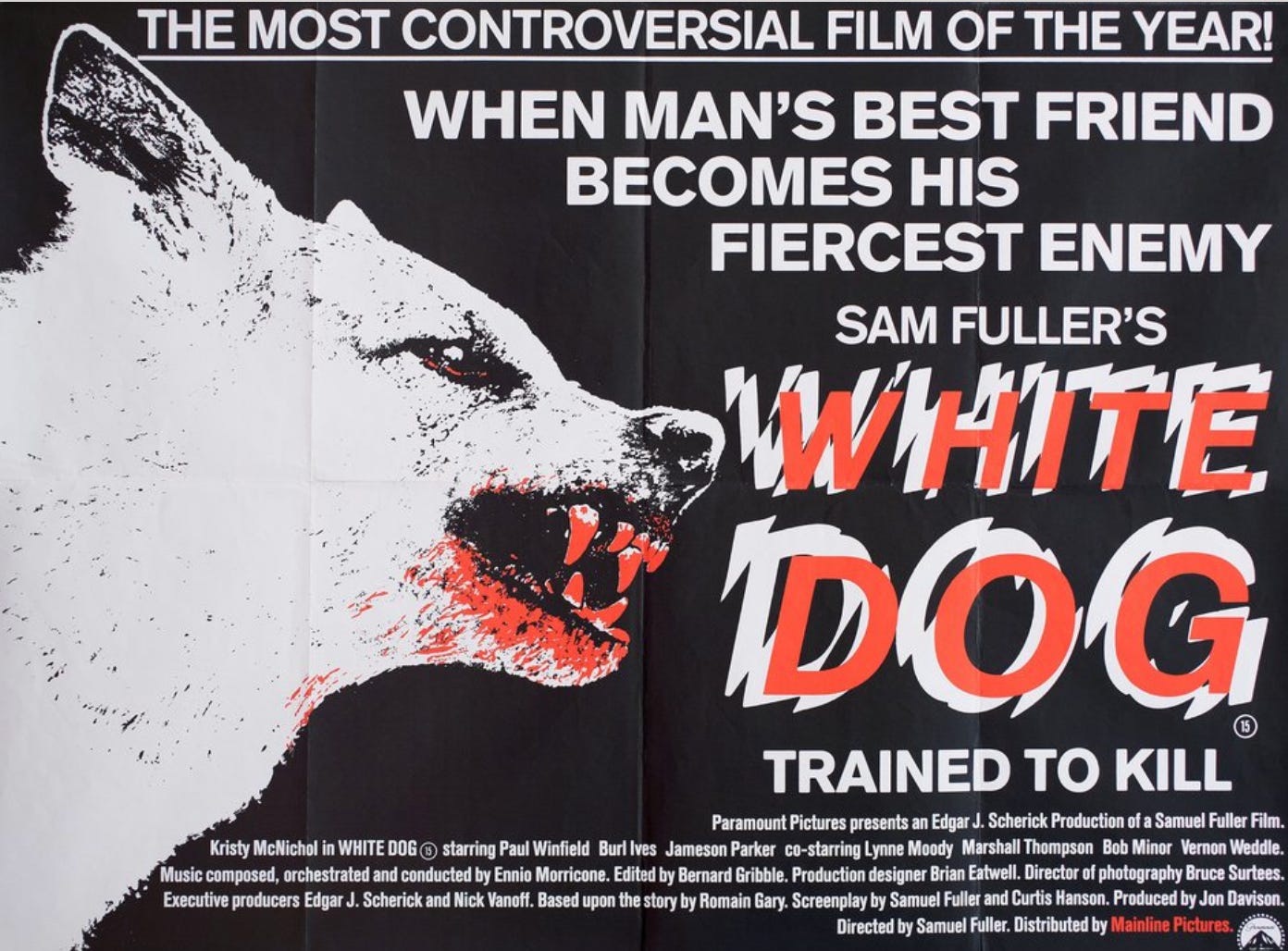
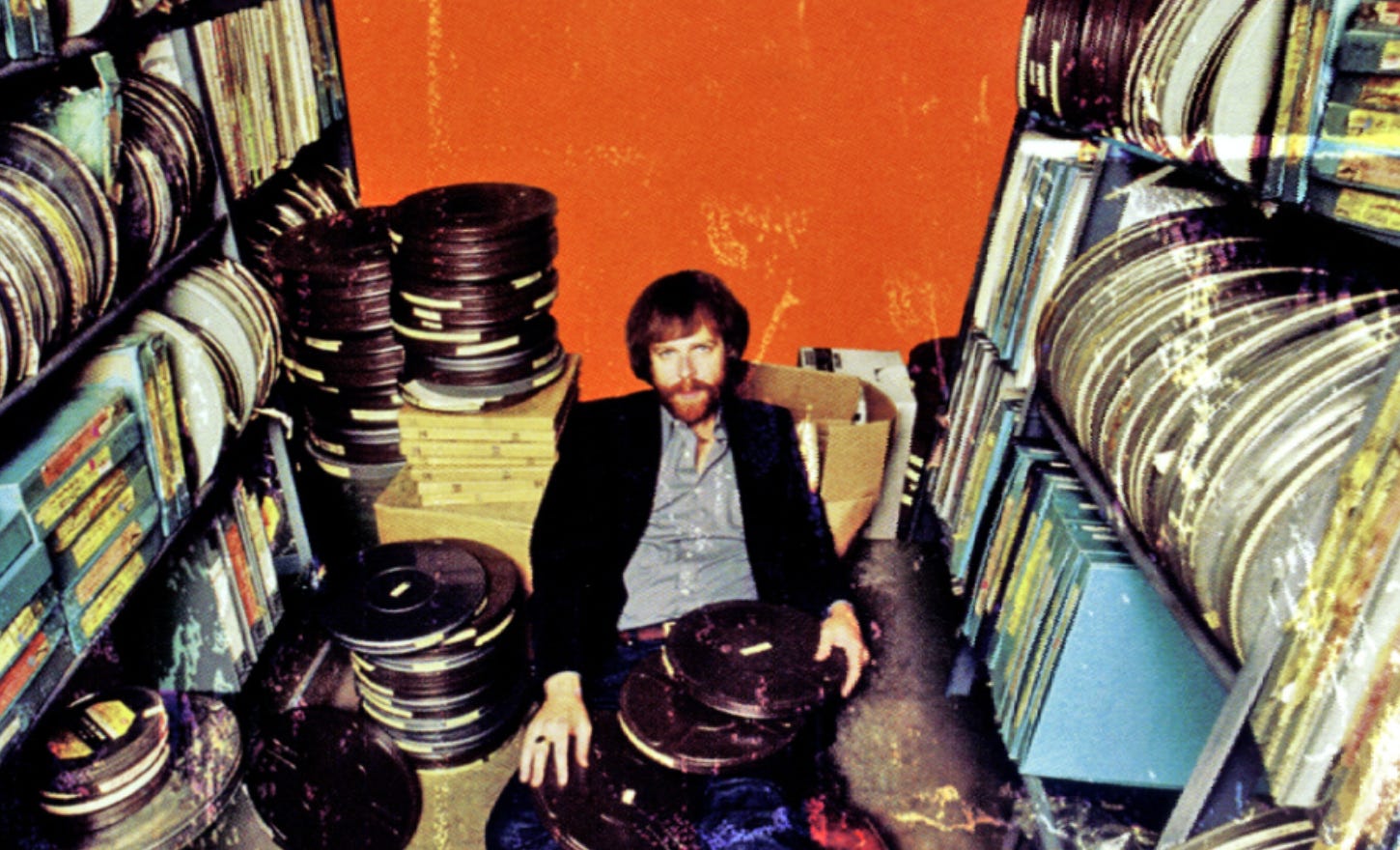
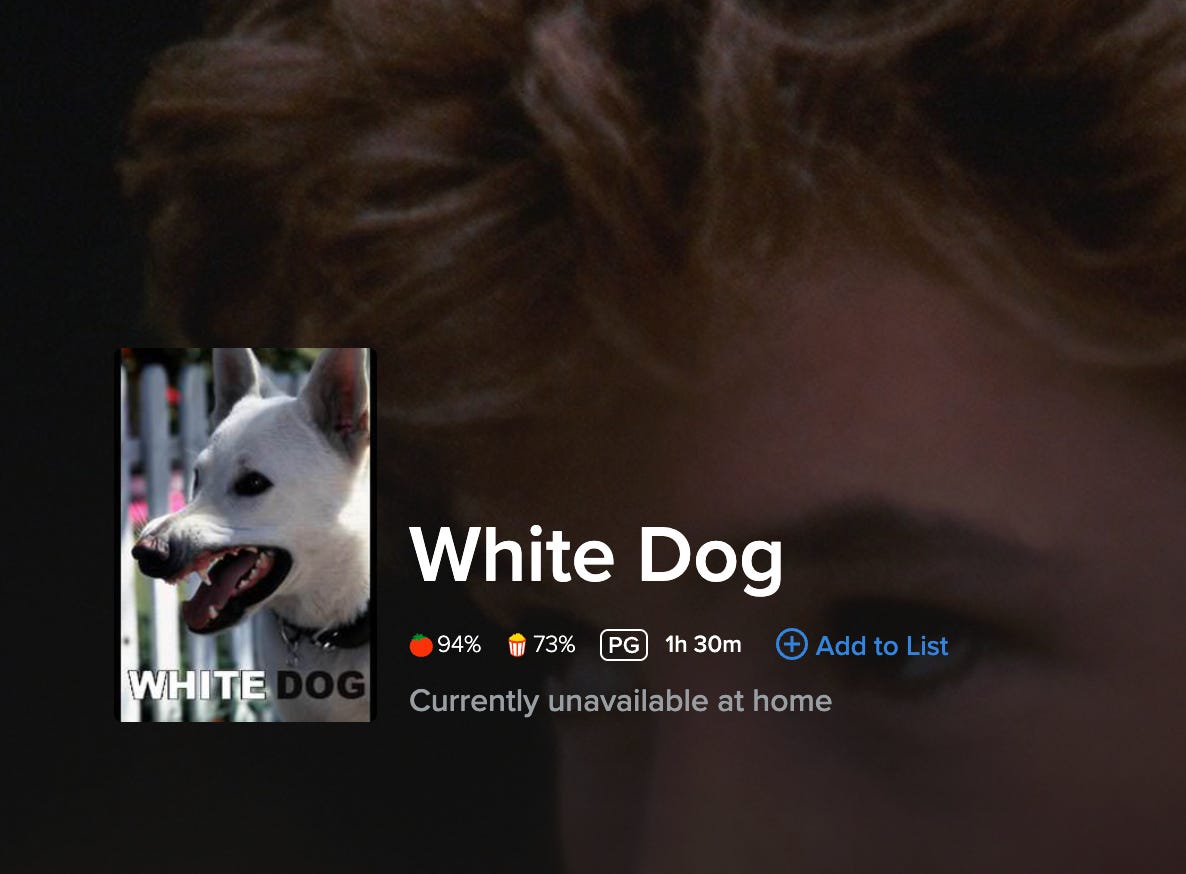
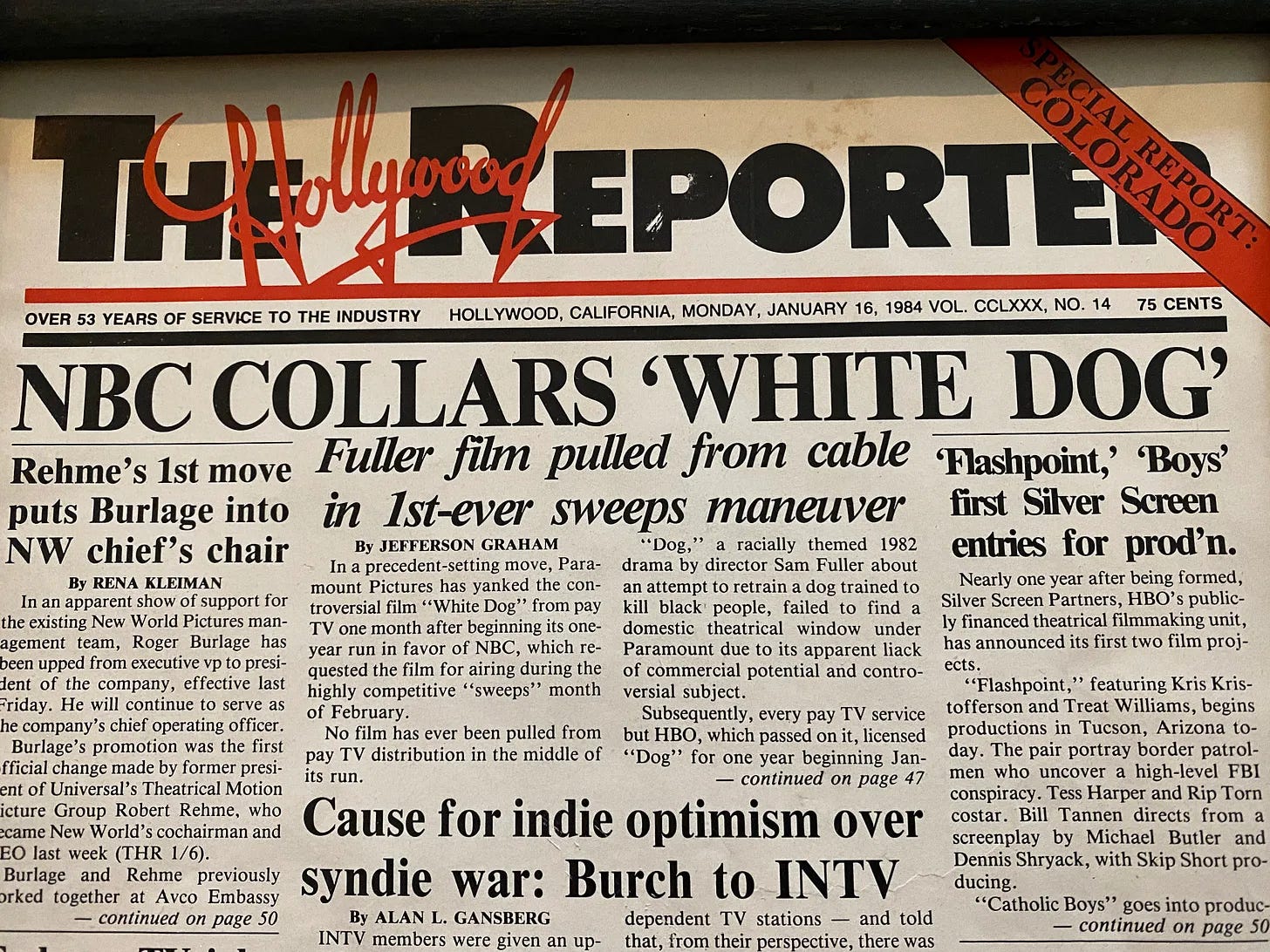
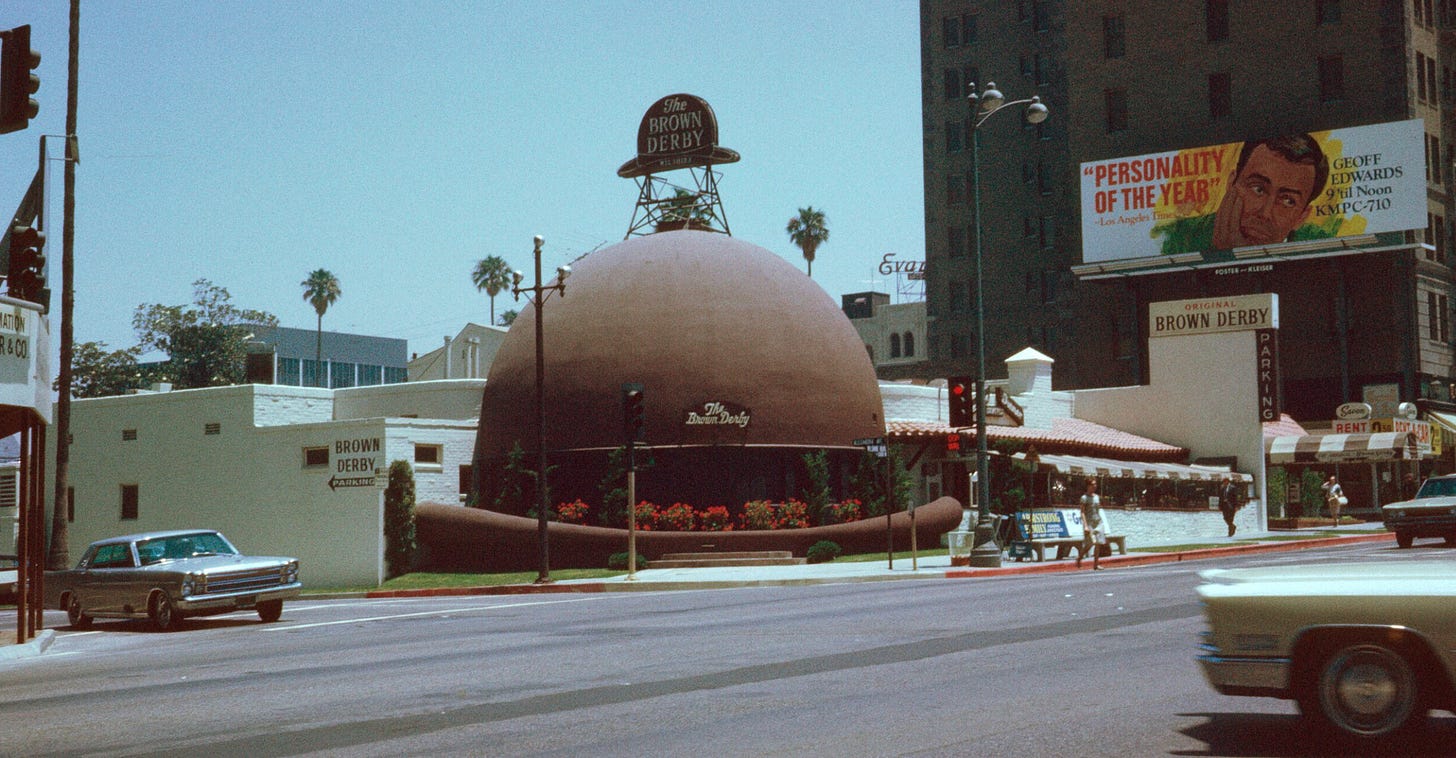
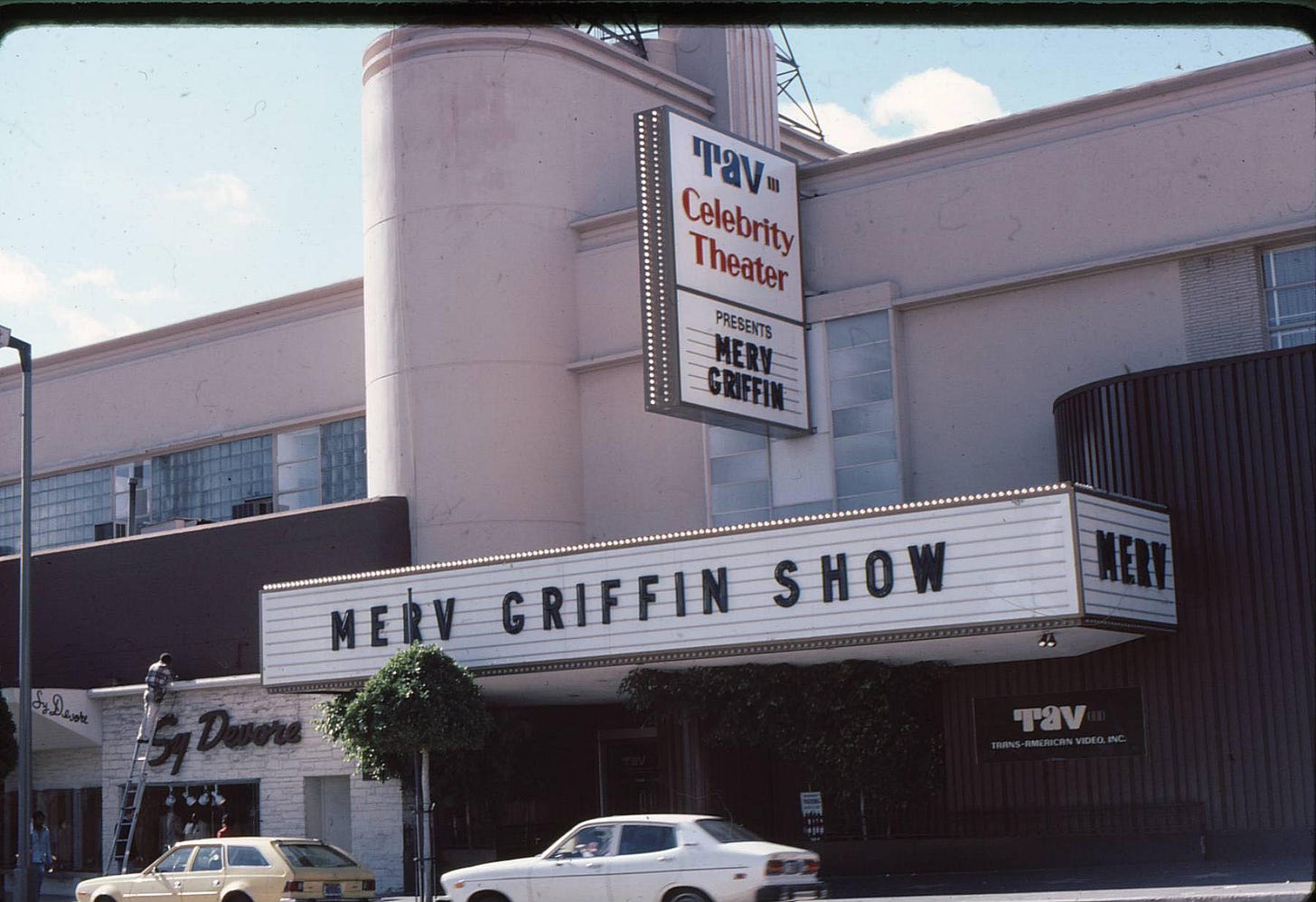
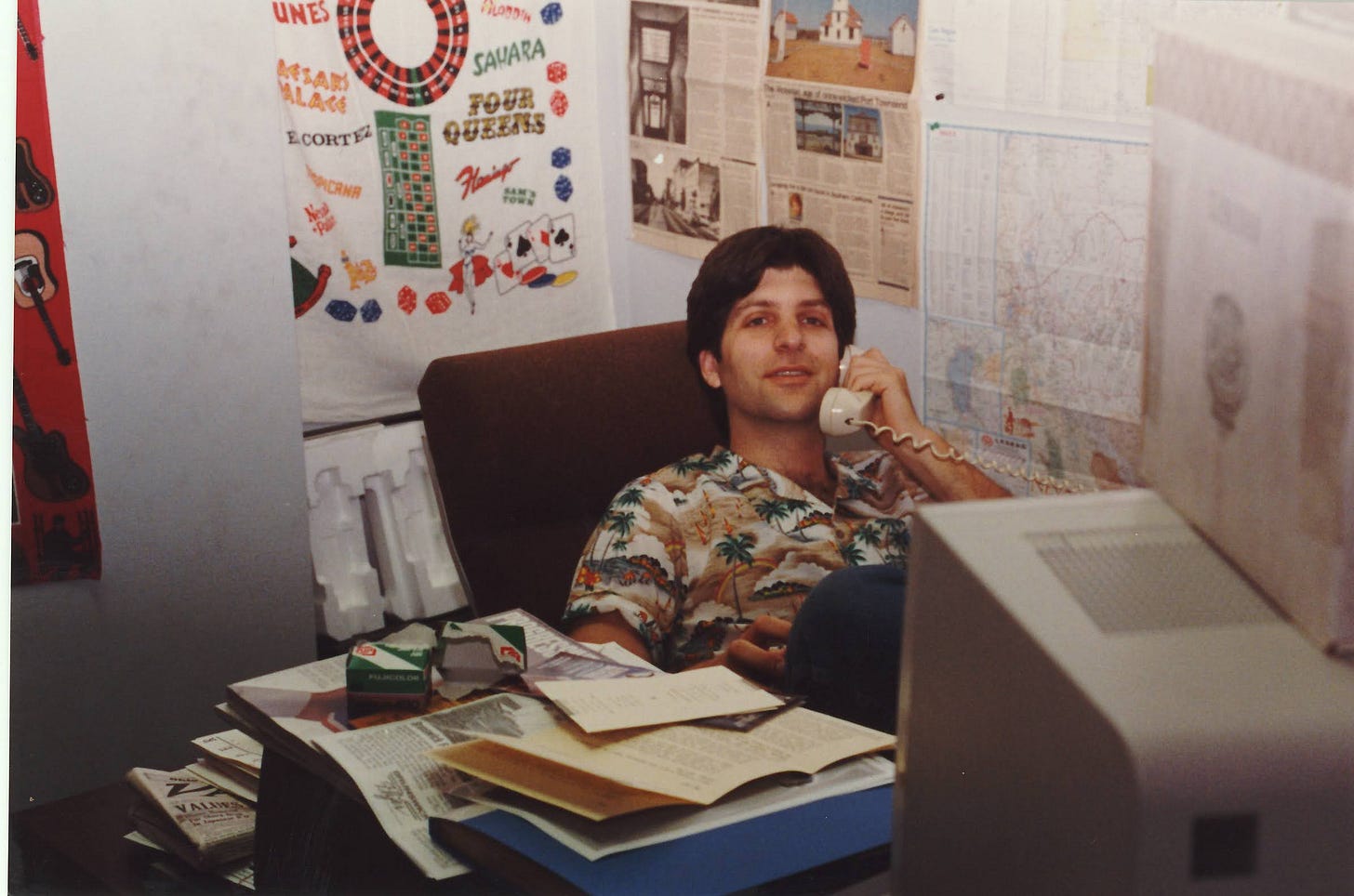
I thought it would have been Duck Soup. You were big on Groucho when I knew you
Was
A TV show changed my life.